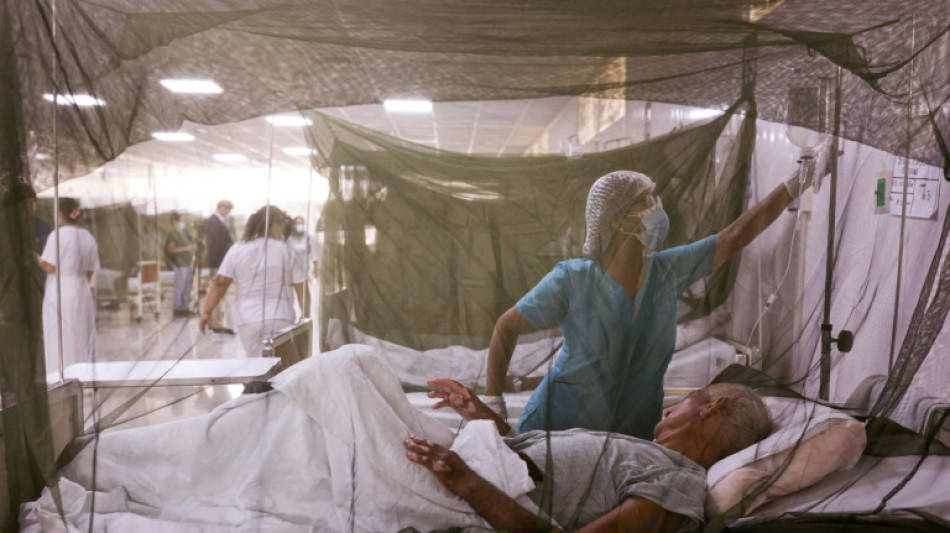
-
 Munich's surfers stunned after famed river wave vanishes
Munich's surfers stunned after famed river wave vanishes
-
Iran commemorates storming of US embassy with missile replicas, fake coffins

-
 Gauff sweeps Paolini aside to revitalise WTA Finals defence
Gauff sweeps Paolini aside to revitalise WTA Finals defence
-
Shein vows to cooperate with France in probe over childlike sex dolls

-
 Young leftist Mamdani on track to win NY vote, shaking up US politics
Young leftist Mamdani on track to win NY vote, shaking up US politics
-
US government shutdown ties record for longest in history

-
 King Tut's collection displayed for first time at Egypt's grand museum
King Tut's collection displayed for first time at Egypt's grand museum
-
Typhoon flooding kills over 40, strands thousands in central Philippines

-
 Trent mural defaced ahead of Liverpool return
Trent mural defaced ahead of Liverpool return
-
Sabalenka to face Kyrgios in 'Battle of Sexes' on December 28

-
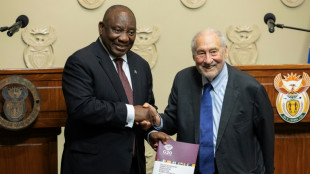 Experts call for global panel to tackle 'inequality crisis'
Experts call for global panel to tackle 'inequality crisis'
-
Backed by Brussels, Zelensky urges Orban to drop veto on EU bid
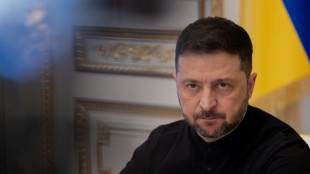
-
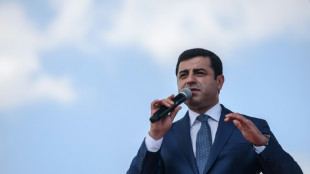 After ECHR ruling, Turkey opposition urges pro-Kurd leader's release
After ECHR ruling, Turkey opposition urges pro-Kurd leader's release
-
UK far-right activist Robinson cleared of terror offence over phone access

-
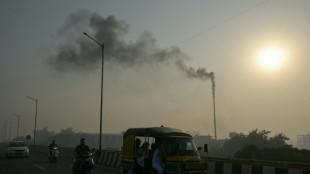 World on track to dangerous warming as emissions hit record high: UN
World on track to dangerous warming as emissions hit record high: UN
-
Nvidia, Deutsche Telekom unveil 1-bn-euro AI industrial hub

-
 Which record? Haaland warns he can get even better
Which record? Haaland warns he can get even better
-
Football star David Beckham hails knighthood as 'proudest moment'
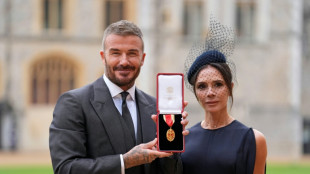
-
 Laurent Mauvignier wins France's top literary award for family saga
Laurent Mauvignier wins France's top literary award for family saga
-
Indian Sikh pilgrims enter Pakistan, first major crossing since May conflict
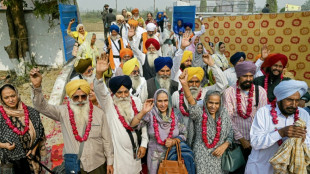
-
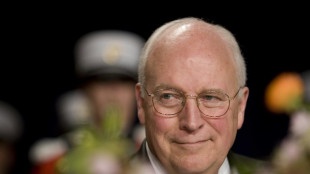 Former US vice president Dick Cheney dies at 84
Former US vice president Dick Cheney dies at 84
-
Fiorentina sack Pioli after winless start in Serie A

-
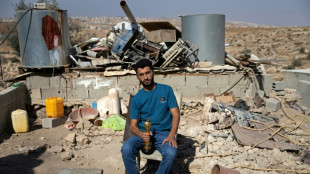 Oscar-winning Palestinian films daily 'Israeli impunity' in West Bank
Oscar-winning Palestinian films daily 'Israeli impunity' in West Bank
-
Spain's Telefonica shares drop on dividend cut, net loss

-
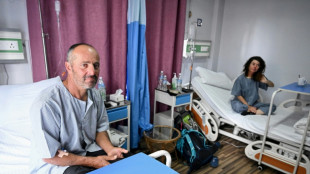 Fierce mountain storms kill nine in Nepal
Fierce mountain storms kill nine in Nepal
-
Divisive Czech cardinal Dominik Duka dies at 82
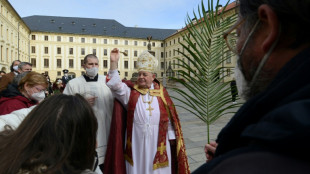
-
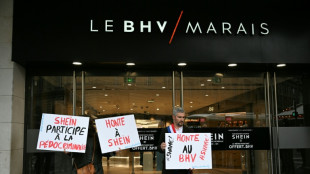 Shein vows to cooperate with France in sex doll probe
Shein vows to cooperate with France in sex doll probe
-
EU in last-ditch push to seal climate targets before COP30
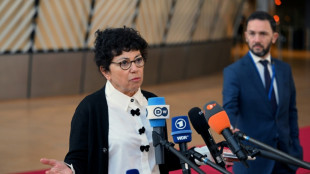
-
 Finnish ex-PM Marin says her female cabinet faced torrent of sexism
Finnish ex-PM Marin says her female cabinet faced torrent of sexism
-
Sudan army-backed council to meet on US truce proposal: govt source
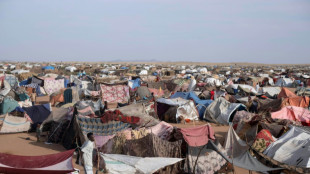
-
 BP profit surges despite lower oil prices
BP profit surges despite lower oil prices
-
Shein vows to cooperate with France in childlike sex doll probe
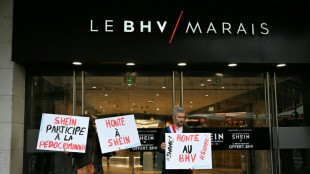
-
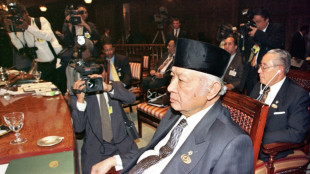 National hero proposal for Indonesia's Suharto sparks backlash
National hero proposal for Indonesia's Suharto sparks backlash
-
Indian great Ashwin out of Australia's BBL after knee surgery
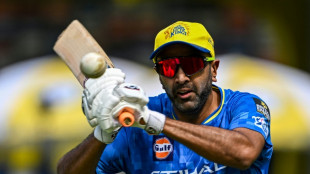
-
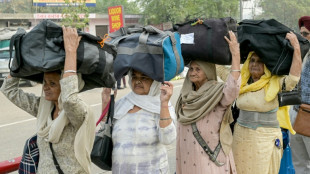 Indian Sikh pilgrims enter Pakistan, first major crossing since May conflict: AFP
Indian Sikh pilgrims enter Pakistan, first major crossing since May conflict: AFP
-
Asian markets slip as traders eye tech rally, US rate outlook

-
 Nintendo hikes Switch 2 annual unit sales target
Nintendo hikes Switch 2 annual unit sales target
-
Typhoon flooding kills 5, strands thousands in central Philippines
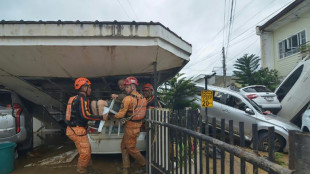
-
 Jobe Bellingham finding his feet as Dortmund head to City
Jobe Bellingham finding his feet as Dortmund head to City
-
US civil trial to hear opening arguments on Boeing MAX crash
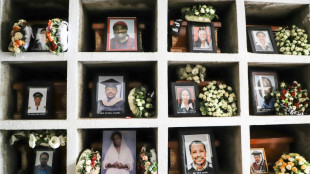
-
 Jamie Melham on Half Yours only second woman to win Melbourne Cup
Jamie Melham on Half Yours only second woman to win Melbourne Cup
-
Myanmar scam hub sweep triggers fraudster recruitment rush
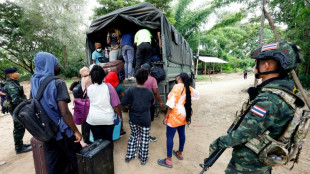
-
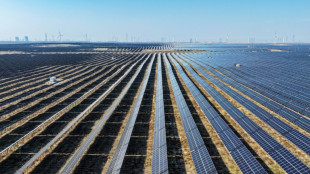 Biggest emitter, record renewables: China's climate scorecard
Biggest emitter, record renewables: China's climate scorecard
-
Floods strand people on roofs as typhoon pounds Philippines
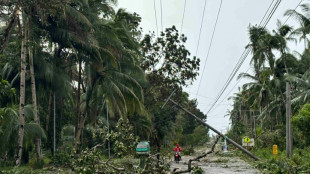
-
 Asian markets swing as trades eye tech rally, US rate outlook
Asian markets swing as trades eye tech rally, US rate outlook
-
South Korea to triple AI spending, boost defence budget
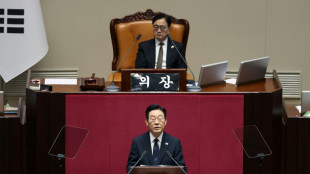
-
 Trott to leave as Afghanistan coach after T20 World Cup
Trott to leave as Afghanistan coach after T20 World Cup
-
Late queen's fashion to go on show at Buckingham Palace
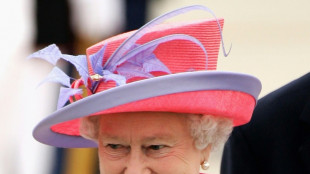
-
 In Morocco, exiled Afghan women footballers find hope on the pitch
In Morocco, exiled Afghan women footballers find hope on the pitch
-
EU scrambles to seal climate deal ahead of COP30
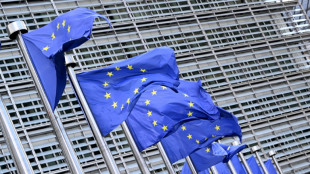

Pandemic talks extended as deadline passes
Countries trying to strike a landmark global agreement on handling future pandemics decided to keep negotiating for another fortnight after their deadline passed on Friday.
Scarred by the devastation caused by Covid-19 -- which killed millions, shredded economies and crippled health systems -- the World Health Organization's 194 member states have spent two years trying to hammer out binding commitments on pandemic prevention, preparedness and response.
The process was aimed at getting an agreement finalised by the WHO's annual assembly which opens on May 27.
A final talks session in March got nowhere near consensus, so an additional fortnight of talks was crammed in. However, despite progress on several fronts, the talks broke up on Friday without sealing a deal.
"They have worked very hard to get as far as they could on agreement and we are not there yet. So we will continue our work," co-chair Roland Driece told reporters at the WHO headquarters in Geneva.
"We worked very hard and there's just so many issues that we need to agree upon which are technical and political, and they take time."
- Keeping up the momentum -
The talks will keep going with intermittent meetings in person and online until the World Health Assembly (WHA).
Driece and his co-chair Precious Matsoso are to issue a schedule in coming days. They have to report to the May 27-June 1 annual assembly, regardless of how far the talks get.
In a statement, WHO chief Tedros Adhanom Ghebreyesus added: "During more than two years of intensive negotiations, WHO's member states have shown unwavering commitment to forging a generational agreement to protect the world from a repeat of the horrors caused by the Covid-19 pandemic.
"I welcome the determination that all countries have shown to continue their work and fulfil the mission on which they embarked."
Despite a showing desire for commitments aimed at preventing another Covid-style disaster, big differences have emerged between country blocs on how to acheive them.
The talks were held behind closed doors at the WHO headquarters in Geneva.
Fuelled by trolleys full of coffee, bananas, biscuits and sandwiches, negotiators have been pulling long hours since April 29 to try to reach agreement.
- Thorny issues -
The main disputes revolve around access and equity: access to pathogens detected within countries and to pandemic-fighting products such as vaccines produced from that knowledge; and equitable distribution of counter-pandemic tests, treatments and jabs, along with the means to produce them.
Each of the draft agreement's 37 articles has been individually thrashed out, with country negotiators breaking off into working groups to try to reach a consensus.
While general agreement has been found on some articles -- without formally signing them off -- the core aspects remain deadlocked.
"It's fair to say there's progress made. If you look at the outline of the agreement, all the important themes are there," Medicines Law and Policy director Ellen 't Hoen told reporters.
"But there remain a significant number of thorny issues that simply need more time."
James Love, the director of Knowledge Ecology International, added: "There is some room for negotiating right now. I don't think we're really there yet."
He said it was hardly "the worst outcome" to take more time.
B.Baumann--VB




